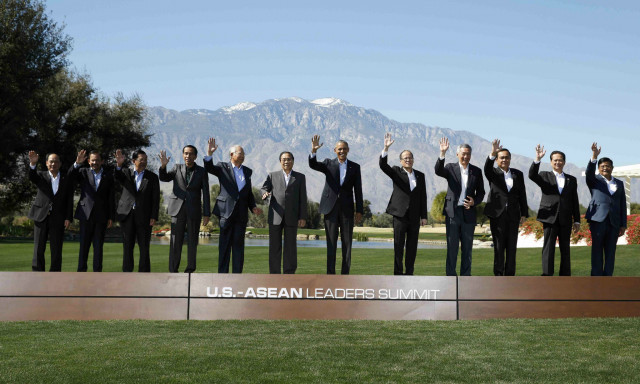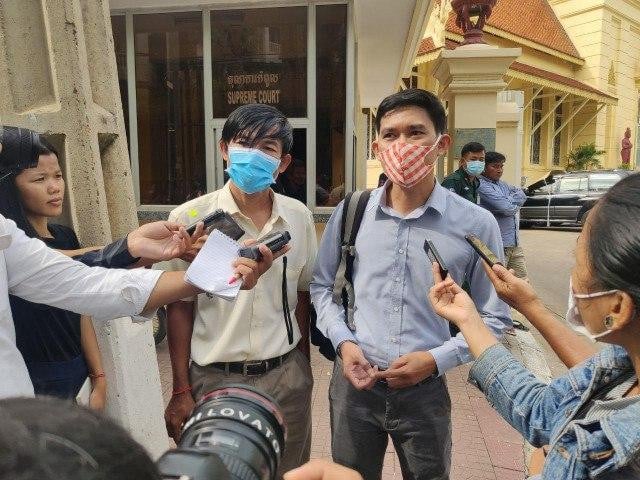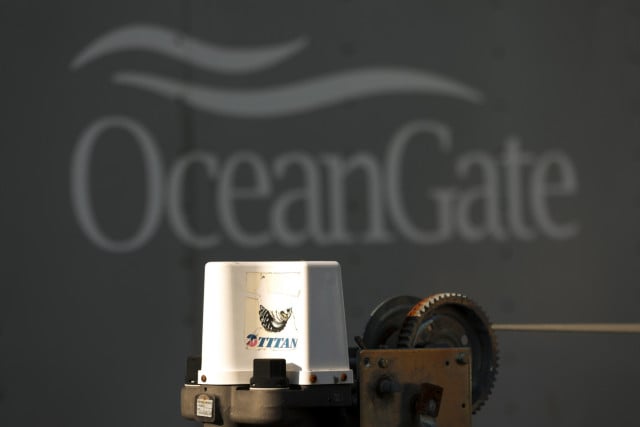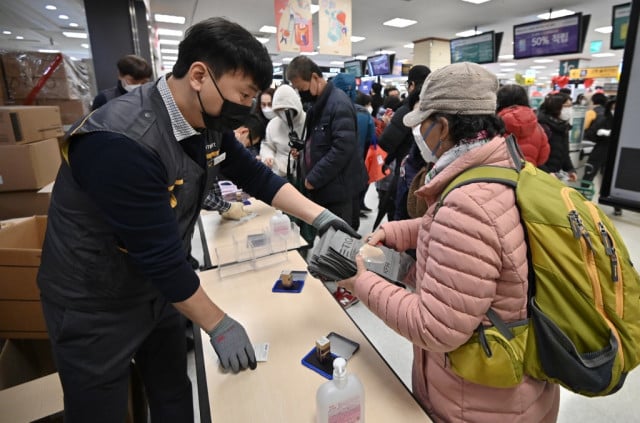Summit Delay Sparks Concern over Cambodia-US Links

- By Teng Yalirozy
- March 11, 2022 9:28 AM
Academics split over ASEAN forum postponement fallout
PHNOM PENH--Some Cambodian academics view the postponement of a special ASEAN-US summit as likely to undermine US trust and confidence in ASEAN, while others say the US wants only to prevent the rise of China’s power.
Foreign Ministry spokesman Chum Sounry said on March 10 that the summit had been postponed due to scheduling difficulties and a new date remained undecided.
On Jan. 14, 2022, US President Joe Biden wrote to Prime Minister Hun Sen inviting him and other ASEAN leaders to the summit in Washington.
The invitation stressed the importance of US engagement in the region, Washington's support for ASEAN centrality and the ASEAN-led "regional architecture," and the need to work together to strengthen it further.
Hun Sen said last week that the US wished to hold the meeting on March 28-29. However, many ASEAN leaders asked for it to be held on March 26-27.
“Cambodia, as the Chair of ASEAN, has been flexible with regards to the proposed dates and has made special arrangements on its domestic agenda to fulfill its regional and international duties,” Sounry said.
“But for leaders' convenience and possible attendance, Cambodia has agreed with the ASEAN member states to postpone the meeting.”
Ro Vannak, a foreign policy expert and a co-founder of the Cambodia Institute for Democracy, said the US might lose confidence in ASEAN, thinking the bloc could only talk without action and did not take the summit seriously.
But with ASEAN at the heart of the US Indo-Pacific strategy, senior US officials and scholars say Washington will keep its focus on ASEAN.
Asia-Pacific is the center of global power that China and the US are vying for, so this meeting is important for the US and ASEAN, especially Cambodia as an ASEAN Chair 2022, he added.
“Joe Biden is different from Donald Trump as he wants to re-focus on ASEAN,” Vannak said.
“But I think the United States values its allies and strategic partners more than ASEAN as a whole because the United States knows that ASEAN is not united. One group tends to the United States and the other tends to China.”
However, he said the US deems its policy toward ASEAN as not as important as preventing China’s power from expanding. The US, in addition to its allies such as Japan, South Korea and India, was seeking to expand its alliance with the new rising countries in ASEAN such as Vietnam and Indonesia.
However, Po Sovinda, a PhD candidate and research fellow at the Cambodian Institute for Cooperation and Peace (CICP), said postponement of the summit would not have any impact on the relationship between the US and ASEAN as well as Cambodia because, with the COVID-19 pandemic, the situation is unpredictable. But he believed that Cambodia and the US will find a way to talk.
“The postponement is due to some unavailable ASEAN members. It does not have any impact on the relationship between the US and ASEAN,” Sovinda said.
“Both ASEAN and the US need each other. Regardless of some difficulties, both sides will find ways to come together soon.”
If the summit did not happen, Cambodia would lose the opportunity to show the US its position on regional issues, human rights developments and democracy in Cambodia to clear any misunderstanding.
“The relationship will improve if Cambodia and the US have a direct discussion, while Cambodia can demonstrate to the US its political neutrality amid China's growing power in Cambodia and the region,” he said.
“Cambodia has always claimed to follow its constitution, a policy of neutrality and non-alignment, so it is a chance to directly tell its position to the US.”
The summit highlighted the importance of Cambodia as the chair of the regional organization, which can bring Cambodia to the forefront of international diplomacy, especially to the West.
Countries such as the US had failed to recognize the legitimacy of the Cambodian government because the ruling party had all the parliamentary seats, while the opposition party had been dissolved, Vannak said.
“On the international stage, Cambodia has lost much of its prestige in the sense of democracy or human rights, which the US and the West have always demanded the country respect. It's an opportunity for the Cambodian government as Chair of ASEAN to share directly with Joe Biden,” he said.
Van Bunna, a CICP research fellow and a co-founder of Thinker Cambodia, said if the summit did not happen during Cambodia's chairmanship of ASEAN, Cambodia would lose its opportunity to restore the relationship with the US, particularly to raise the US accusation of Cambodia allowing Chinese troops to be stationed in the Ream Naval Base.
“Cambodia can show its stance between the US and China and explain to the US regarding the influence of China in the country,” he said.
“If the meeting does not happen during the chairmanship, the relationship will worsen and misunderstanding will continue. Regional diplomacy of Cambodia will also become weaker.”
Sam Rainsy, former leader of the outlawed Cambodia National Rescue Party (CNRP) who has been living in exile since 2015, said on March 3 that the political situation in Cambodia would improve after Prime Minister Hun Sen’s trip to the US to attend the summit.
“The political crisis in Cambodia will be over, and the democratic process will likely begin during the next election in the future, in which the CNRP will participate,” Rainsy said.
Arriving in the US as a guest, Hun Sen could not keep holding on to the allegation that the Americans had joined forces with Kem Sokha to overthrow the Cambodian government, he said, adding that Hun Sen would acknowledge that the US accusations against Kem Sokha and the reasons for the dissolution of CNPR were false.
Therefore, to show courtesy and please the US, Hun Sen would be forced to make decisions, including dropping the charge against Kem Sokha, re-registering CNRP, restoring political rights to the party and releasing all its activists.
Sok Eysan, a spokesperson of the ruling Cambodian People’s Party, said the former opposition leader was simply trying to draw attention and trigger a reaction from the Prime Minister, adding that Rainsy would not be receiving a response from Hun Sen.















